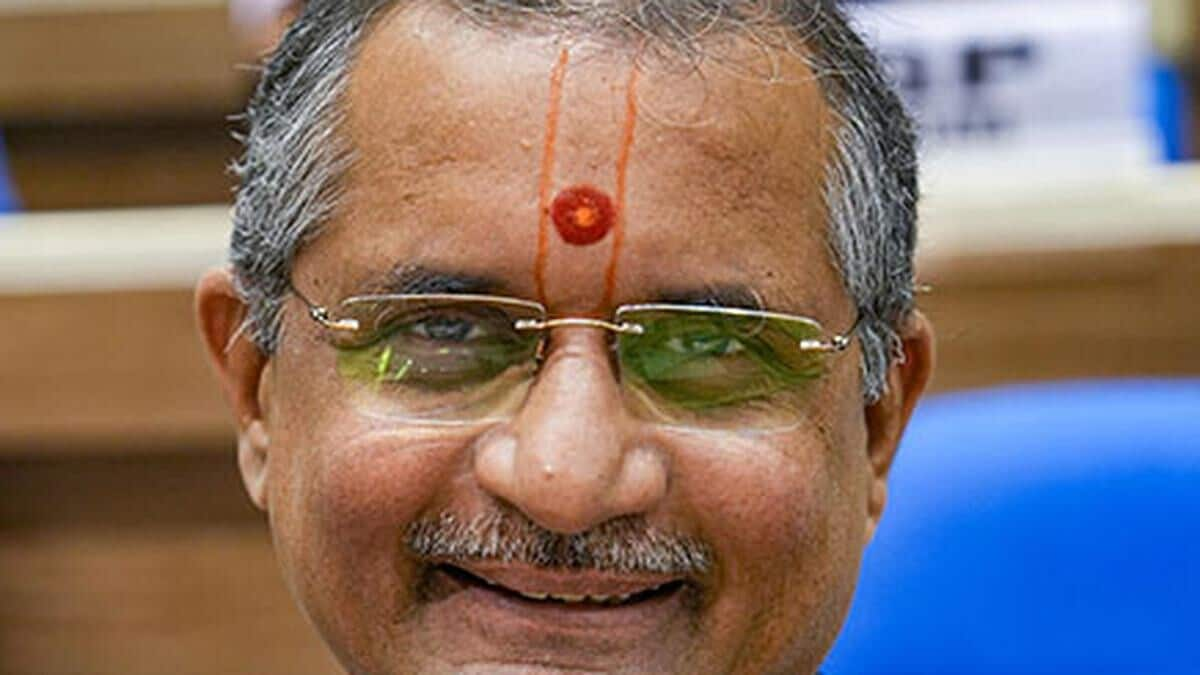
UPSC Chairperson Manoj Soni resigns
What's the story
Union Public Service Commission (UPSC) Chairperson Manoj Soni has stepped down from his role, nearly five years ahead of his term's scheduled end in 2029.
Citing "personal reasons," Soni submitted his resignation about a month ago, a high-ranking source told the Hindu.
The source also confirmed that the resignation is not related to the ongoing scandal involving Indian Administrative Service (IAS) probationer Puja Khedkar, who allegedly used fake certificates to secure employment.
Successor
Government yet to accept Soni's resignation
However, sources in the Department of Personnel and Training (DoPT) said that his resignation has not been accepted yet.
It is believed that Soni submitted his resignation to the President of India.
Reportedly, he plans to dedicate more time to Anoopam Mission, a branch of the Swaminarayan Sect in Gujarat, where he became a monk or nishkam karmayogi (selfless worker) after receiving initiation in 2020.
Career
Soni's career: From youngest Vice-Chancellor to UPSC Chairperson
Before becoming the chairman of UPSC, Soni served as the Vice-Chancellor of Vadodara's renowned MS University in 2005, when he was just 40 years old, making him the youngest vice-chancellor in India.
Soni served three terms as vice-chancellor at two universities in his home state of Gujarat and also served two terms as the V-C of Dr. Babasaheb Ambedkar Open University (BAOU) until 2015.
He joined UPSC in June 2017.
UPSC
Overview of the Union Public Service Commission
The UPSC is a constitutional body mandated under Article 315-323 Part XIV Chapter II of the Constitution of India.
It conducts several examinations on behalf of the Union government, including civil services examinations each year.
The Commission recommends candidates for appointment to various services such as IAS, Indian Foreign Service (IFS), Indian Police Service (IPS), and Central Services - Group A and Group B.
The commission is led by a chairperson and can have up to 10 members.
Controversy
Soni's resignation unrelated to UPSC controversy
Regarding the Khedkar scandal, the UPSC has registered a First Information Report (FIR) against her and also issued a show cause notice for the cancellation of her candidature.
This action follows an extensive investigation into Khedkar's conduct that revealed fraudulent attempts to exceed the examination rules' permissible limit.
These include faking her identity by way of changing her name, her father's and mother's name, photograph, signature, email ID, mobile number, and address.